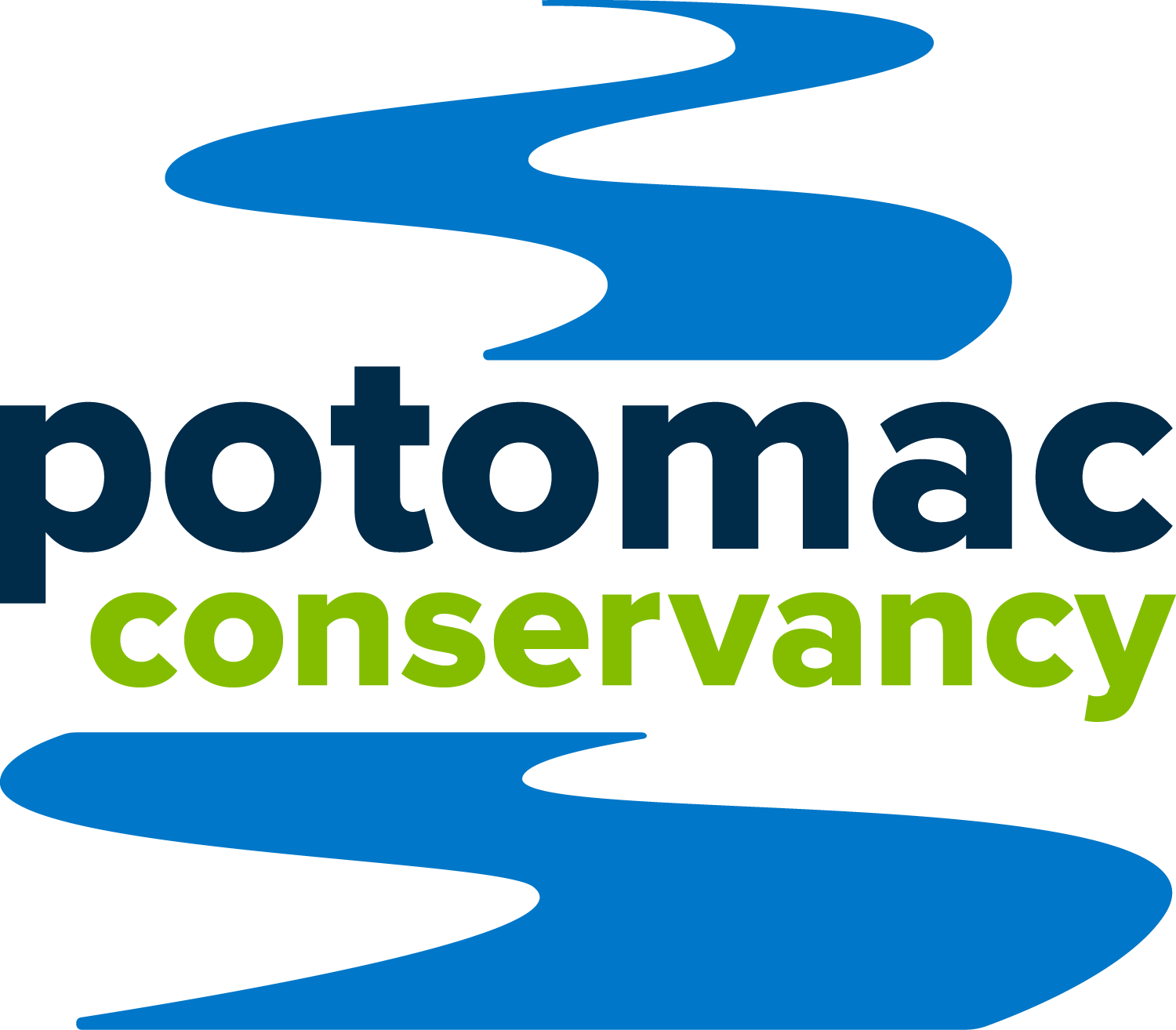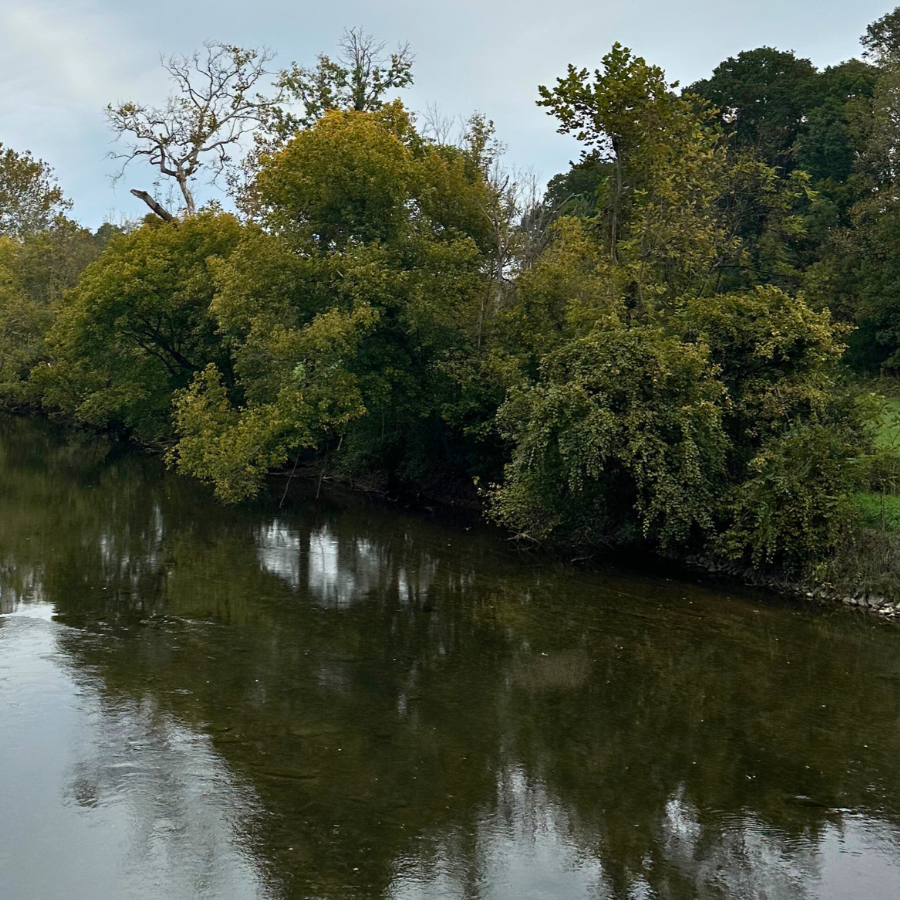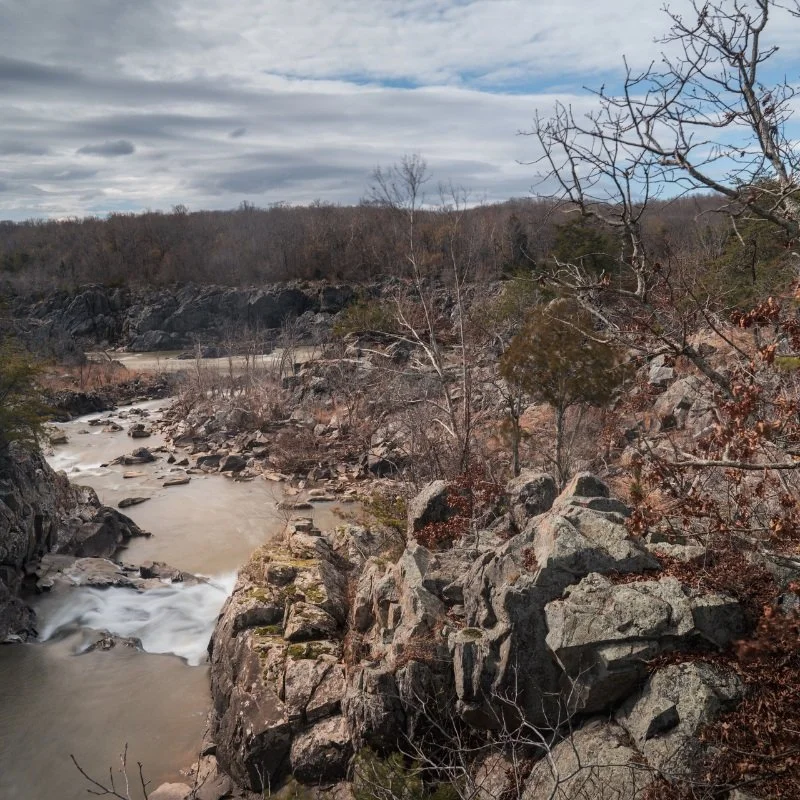Action Alert: Tell DC Water Not to Delay Its Pollution Reduction Plans
/Speak Up for Clean Water by July 24!
Photo credit: NRDC
DC Water is requesting a delay in its pollution reduction plan for the Potomac River of five years. If approved, the five-year delay would allow up to 3 billion gallons of diluted raw sewage to enter our Nation's River.
Stand with Potomac Conservancy and call on DC Water to stick to its original timeline! Public comment on these modifications can be submitted through July 24.
We encourage you to use the sample letter below as a template for your email or letter. Be sure to include a sentence or two explaining why clean water is so important to you!
SEND COMMENTS
By email: pubcomment-ees.enrd@usdoj.gov
By mail: Assistant Attorney General, U.S. DOJ–ENRD
P.O. Box 7611
Washington, D.C., 20044–7611
Dear Assistant Attorney General John Cruden:
Thank you for the opportunity to submit comments on the proposed modifications to DC Water’s Long Term Control Plan (LTCP).
The future of our Nation’s Capital depends on clean water. Clean water is vital to human health and sustainable and connected communities. Clean water supports wildlife and contributes to the strength of our economy. The Potomac River, the largest of the rivers affected by DC Water’s Long Term Control Plan, is the source of drinking water for millions of people in the greater DC area and is one of the largest tributaries to the Chesapeake Bay.
Yet each year combined sewer overflows (CSOs) dump 600 million gallons of diluted raw sewage into the Potomac after heavy rains.
I care about clean water because . . . [Add why you care about clean water here.]
That is why it is crucial that DC Water do everything reasonably within its power to eliminate this pollution and complete the DC Clean Rivers project without delay. While I applaud DC Water’s plans to invest in green infrastructure as a means for reducing combined sewage overflows in the District, I have the following concerns:
- It is imperative DC Water create mechanisms to frequently assess progress and establish contingency plans in the event that adequate progress is not made through green solutions alone.
- DC Water’s delayed timeline for the project has not been adequately justified and will create an inconsistency with greater Chesapeake Bay Total Maximum Daily Load (TMDL) deadlines. DC Water should explore other options for addressing affordability issues instead of allowing diluted sewage to flow unchecked into the Potomac.
- Public input is critical to the process. Stakeholders, especially residents in affected neighborhoods and people who use DC rivers, should be given frequent and meaningful opportunities to provide feedback.
The Clean Water Act has made swimmable, fishable waters a reality for communities across the country. It’s now time for that dream to become a reality in our Nation’s Capital.
Thank you for considering my concerns about DC Water’s proposed modifications to the LTCP.
Sincerely,
[YOUR NAME]
[YOUR ADDRESS]
Background
As a consequence of Washington, DC’s outdated infrastructure, during periods of heavy rain, runoff rainwater mixes with raw sewage and flows untreated into local streams, creeks, and ultimately the Potomac River, the source of drinking water for millions of people in the DC area. Diluted sewage in our local waterways is not just gross — it’s a health hazard.
The Environmental Protection Agency (EPA) estimates that exposure to sewage as a result of these combined sewage overflows (CSOs) causes thousands of hospitalizations each year. The health dangers associated with CSO discharges into local waterways put recreationalists and the local economy at risk. Merely handling or consuming fish or shellfish exposed to CSO outputs can cause any number of health risks such as gastrointestinal distress, vomiting, anemia, blood problems, diarrhea, dehydration, and nausea.
In an ongoing effort to comply with a consent decree to reduce the flow of sewage into local rivers and streams, DC Water has been implementing a Long Term Control Plan, also known as the Clean Rivers Project. The plan originally called for the construction of three underground tunnels (the largest along the Anacostia River, the second largest along the Potomac River, and the smallest along Rock Creek) for containing overflow sewage. DC Water recently announced modifications to its plan that will have a direct impact on the Potomac River and other local waterways. Public comment on these modifications can be submitted through July 24. The major modifications are as follows.
- DC Water plans to eliminate the underground tunnel project for Rock Creek and decrease the capacity of the Potomac tunnel in favor of nature-based solutions, such green roofs and rain gardens. While Potomac Conservancy fully supports the use of nature-based solutions, DC Water must create mechanisms to frequently assess progress and establish contingency plans in the event that adequate progress is not made through green solutions alone.
- DC Water plans to extend the timeline for construction of the Potomac River tunnel from 2025 to 2030. This delay has not been adequately justified and will create an inconsistency with greater Chesapeake Bay cleanup deadlines. DC Water should explore other options for addressing affordability issues instead of simply opting to continue polluting our water for several additional years.
Many thanks to Becky Hammer, NRDC staff attorney, for her leadership and legal expertise on this issue.
Local Coverage
DC Water overflow project counting on ‘green’ being the new ‘gray’, Bay Journal, by Whitney Pipkin, July 7, 2015
DC Water Announces New Proposal to Clean Up Rivers Using Green Infrastructure Instead of Tunnels, Switchboard: Natural Resources Defense Council Staff Blog, by Becky Hammer, May 21, 2015
DC will use roof gardens — among other things — to clean city waterways, The Washington Post, by Abigail Hauslohner, May 20, 2015














The Potomac is our river and our responsibility. That’s why we’re starting the 2026 legislative session in Virginia and Maryland off strong by fighting for critical conservation funding. Learn more about our priorities this session.